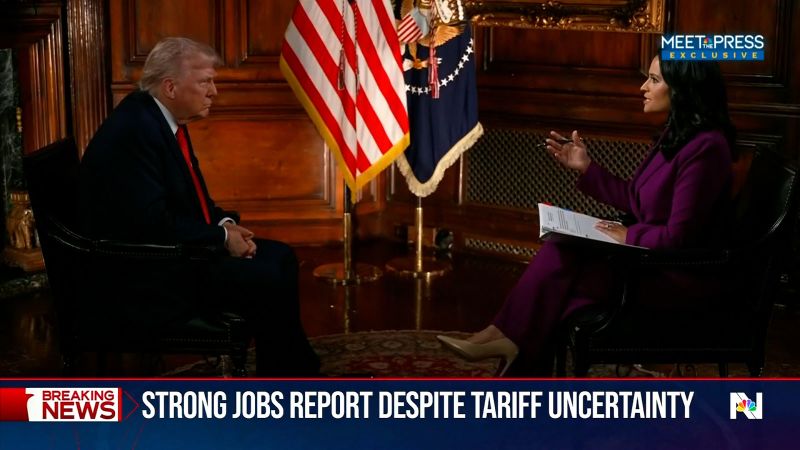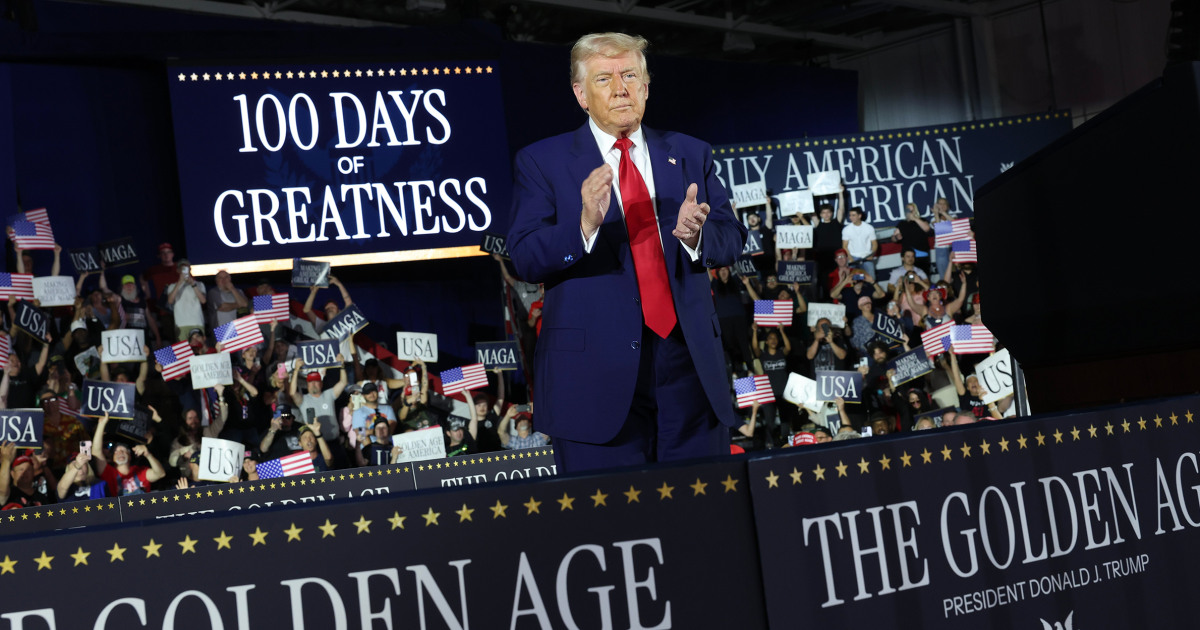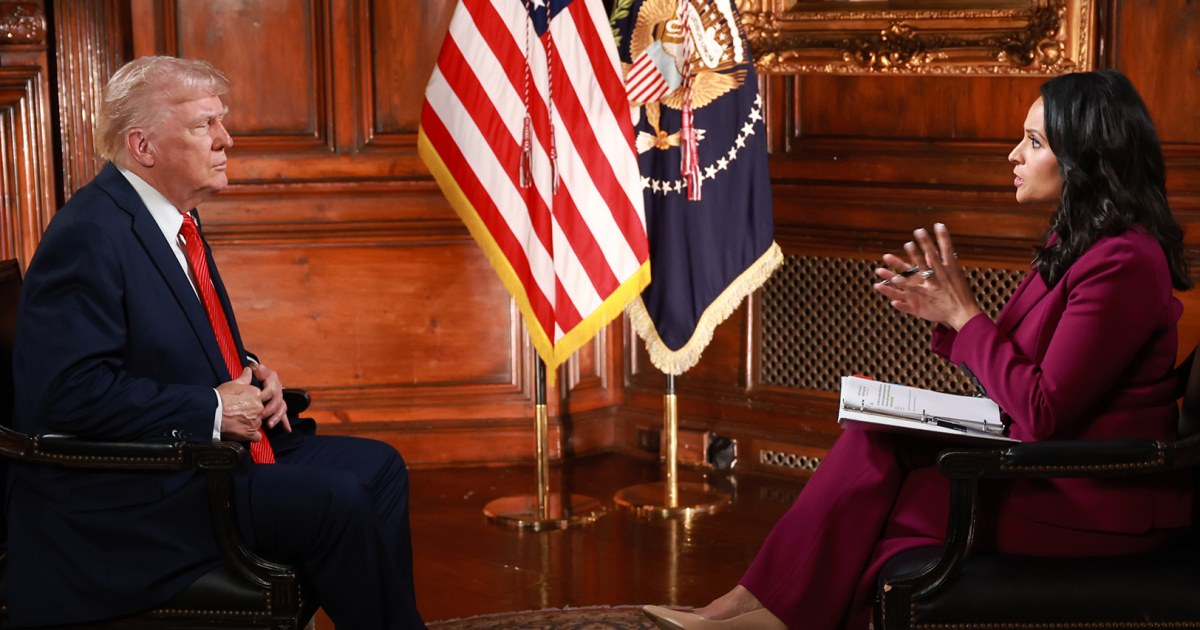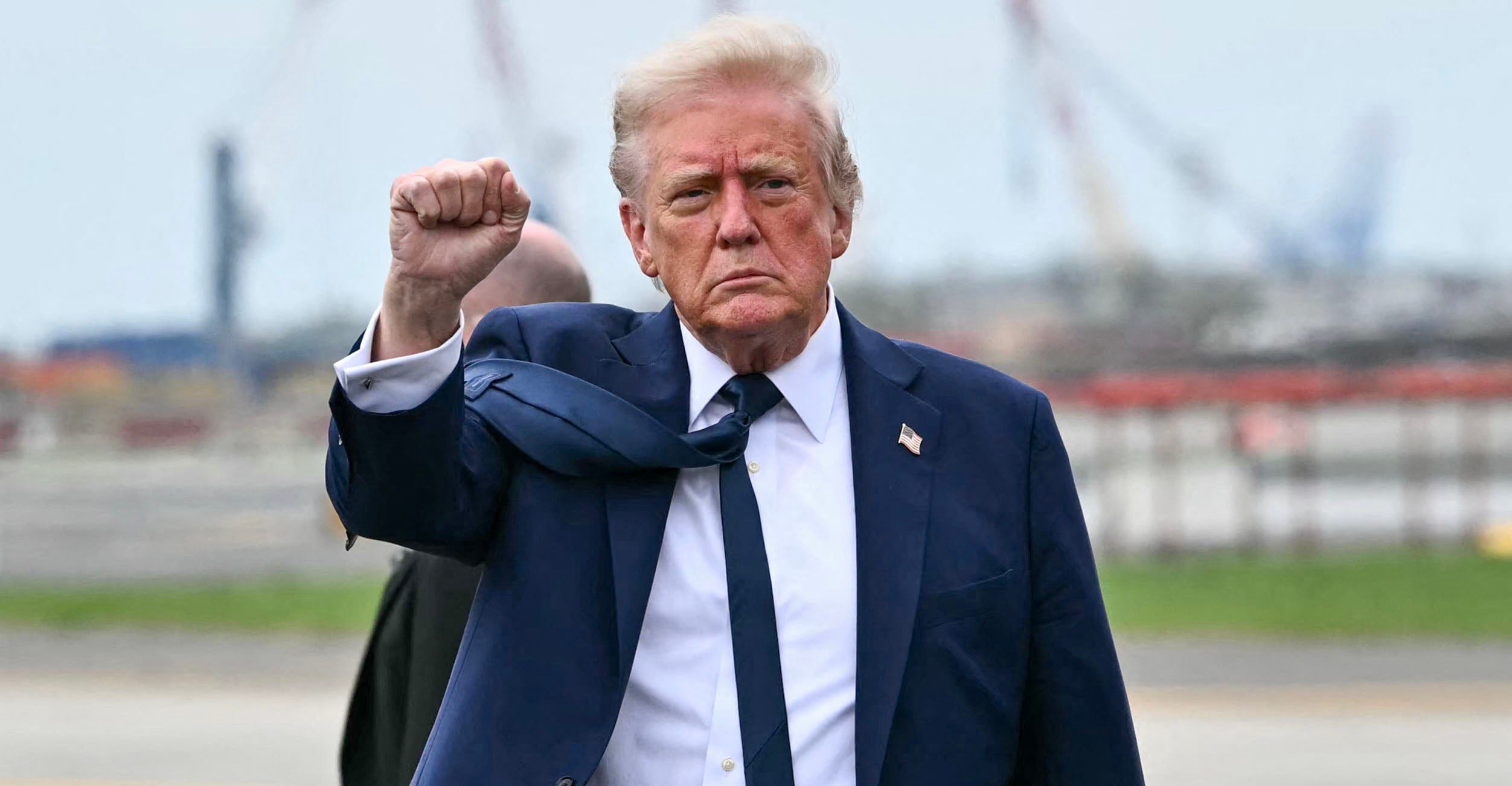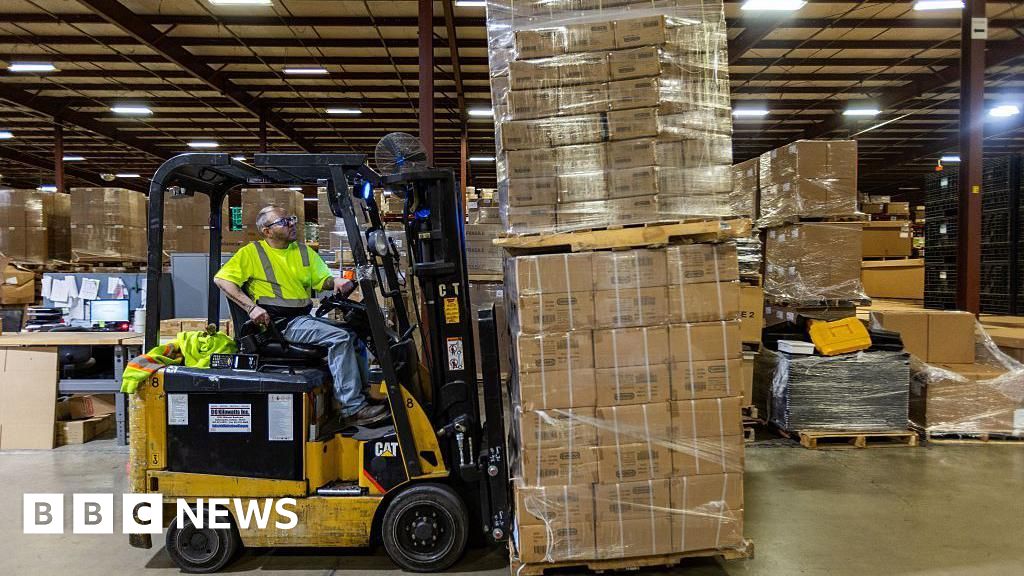Trump Downplays Recession Fears Amid Economic Concerns
President Trump assures the economy will be fine despite short-term recession fears, as new job growth figures and trade policy impact economic sentiment.
Subscribe to unlock this story
We really don't like cutting you off, but you've reached your monthly limit. At just $5/month, subscriptions are how we keep this project going. Start your free 7-day trial today!
Get StartedHave an account? Sign in
Overview
In April, the US labor market added 177,000 jobs, exceeding expectations despite fears surrounding Trump's trade wars. The unemployment rate held at 4.2%. Amid these figures, President Trump stated the U.S. economy would be 'OK' long-term, even contemplating a short-term recession. Wall Street analysts express heightened concerns about an economic downturn due to Trump's tariff policies. The recent GDP report showed a 0.3% contraction in Q1 2025, driven by declining exports and increasing imports. Economists caution that while job growth seems strong, potential impacts from trade wars could adversely affect consumer confidence and future job expansion.
Report issue

Read both sides in 5 minutes each day
Analysis
- Trump downplays recession fears, asserting a focus on long-term economic success despite possible short-term setbacks.
- While analysts express concerns over Trump's tariff policy's impact on the economy, Trump confidently claims that the U.S. is in a 'transition period' that will lead to future prosperity.
- Trump blames previous administration policies for recent economic downturns, positioning tariffs as necessary for America's economic revival.
Articles (21)
Center (10)
FAQ
Health care, transportation and warehousing, financial activities, and social assistance sectors continued to show employment growth in April 2025.
Wall Street analysts have increased recession probability estimates, with Goldman Sachs raising odds to 45% and JPMorgan projecting a 60% chance of recession due to trade policy disruptions.
The labor force participation rate edged up to 62.6% in April 2025.
The U-6 rate, which includes part-time workers seeking full-time positions and marginally attached workers, decreased to 7.8% in April 2025, reflecting modest improvement in underemployment.
The 0.3% GDP contraction was driven by declining exports and rising imports, factors potentially exacerbated by trade policy disruptions, though the article notes job growth remains resilient amid these challenges.
History
- 6M

 3 articles
3 articles
- 6M

 4 articles
4 articles
- 6M

 3 articles
3 articles
